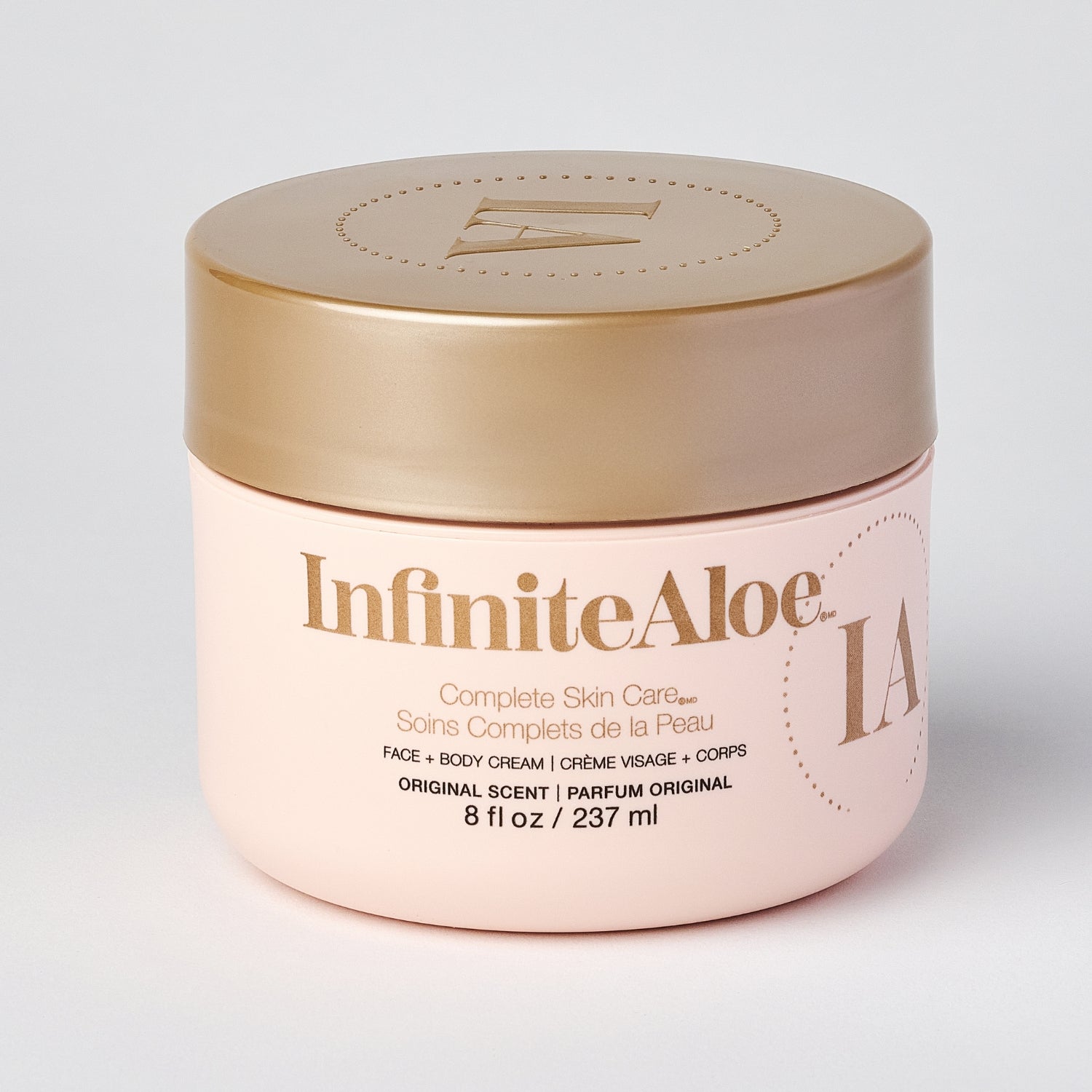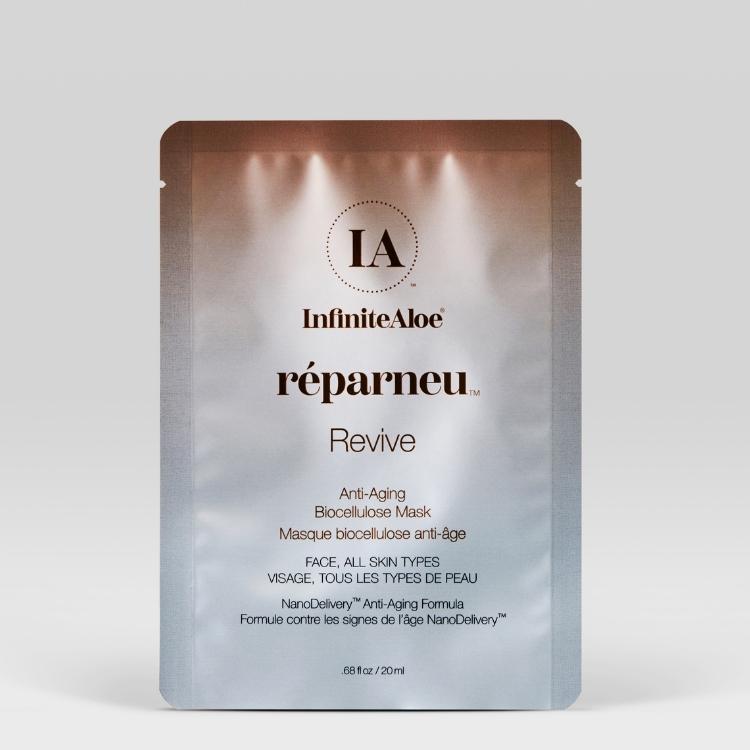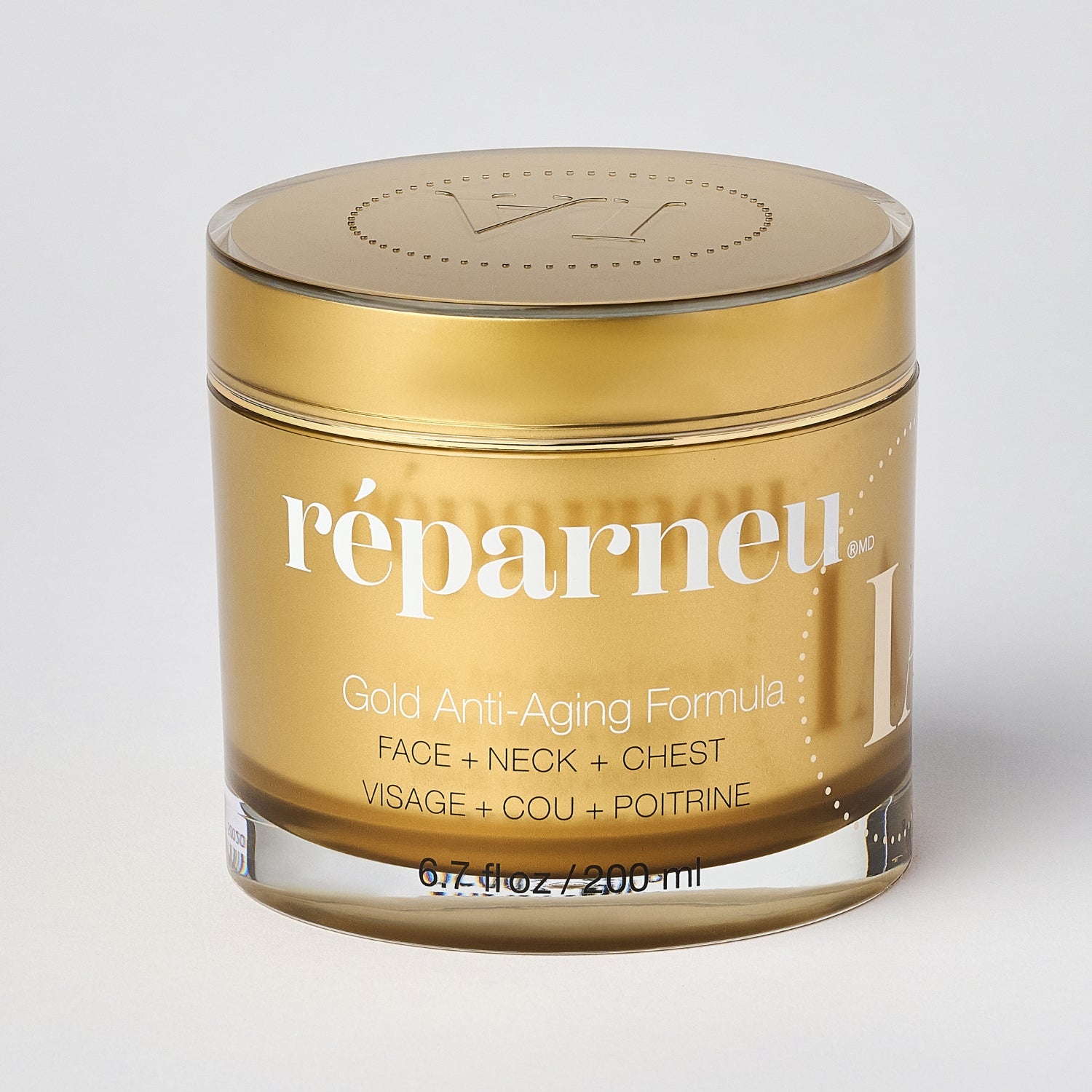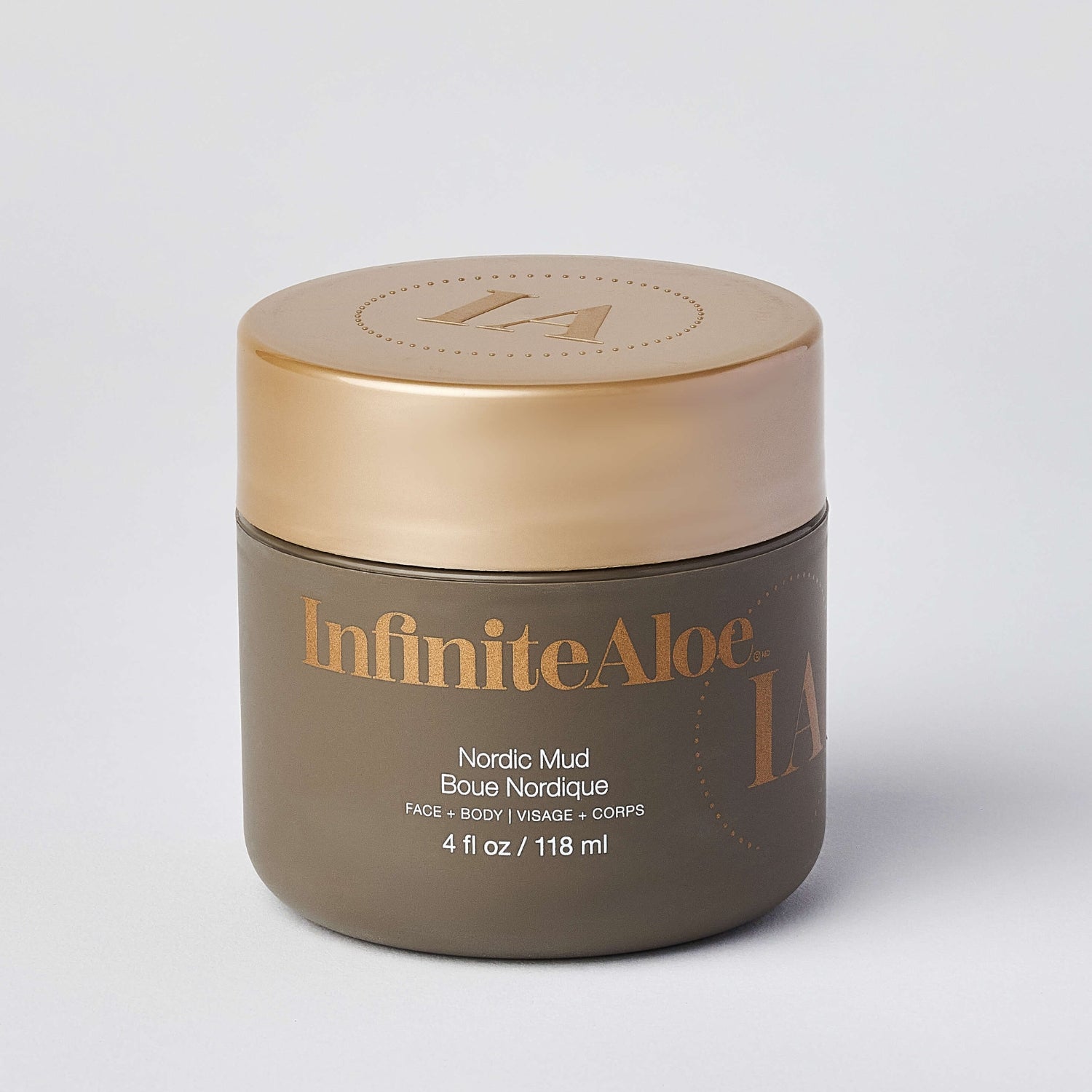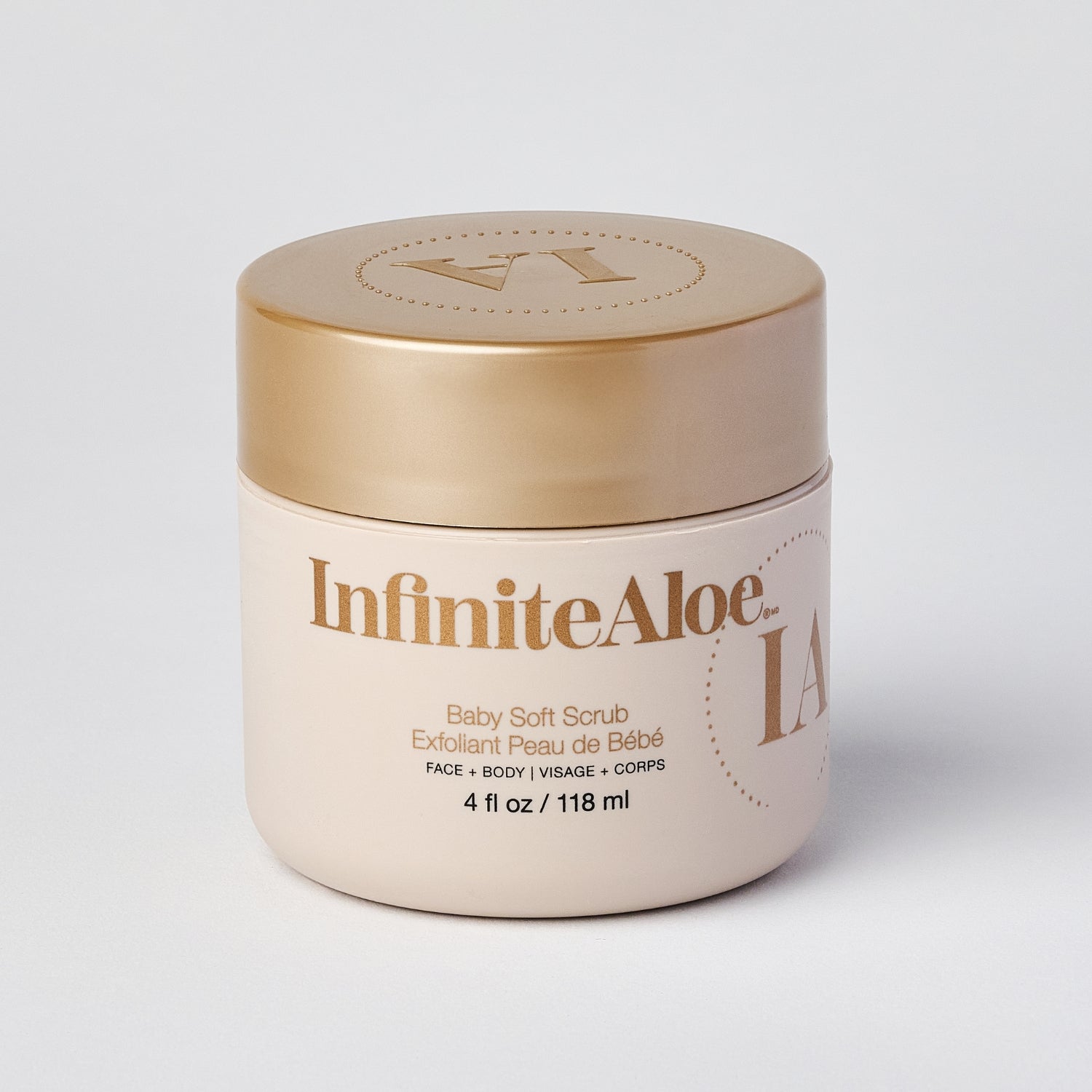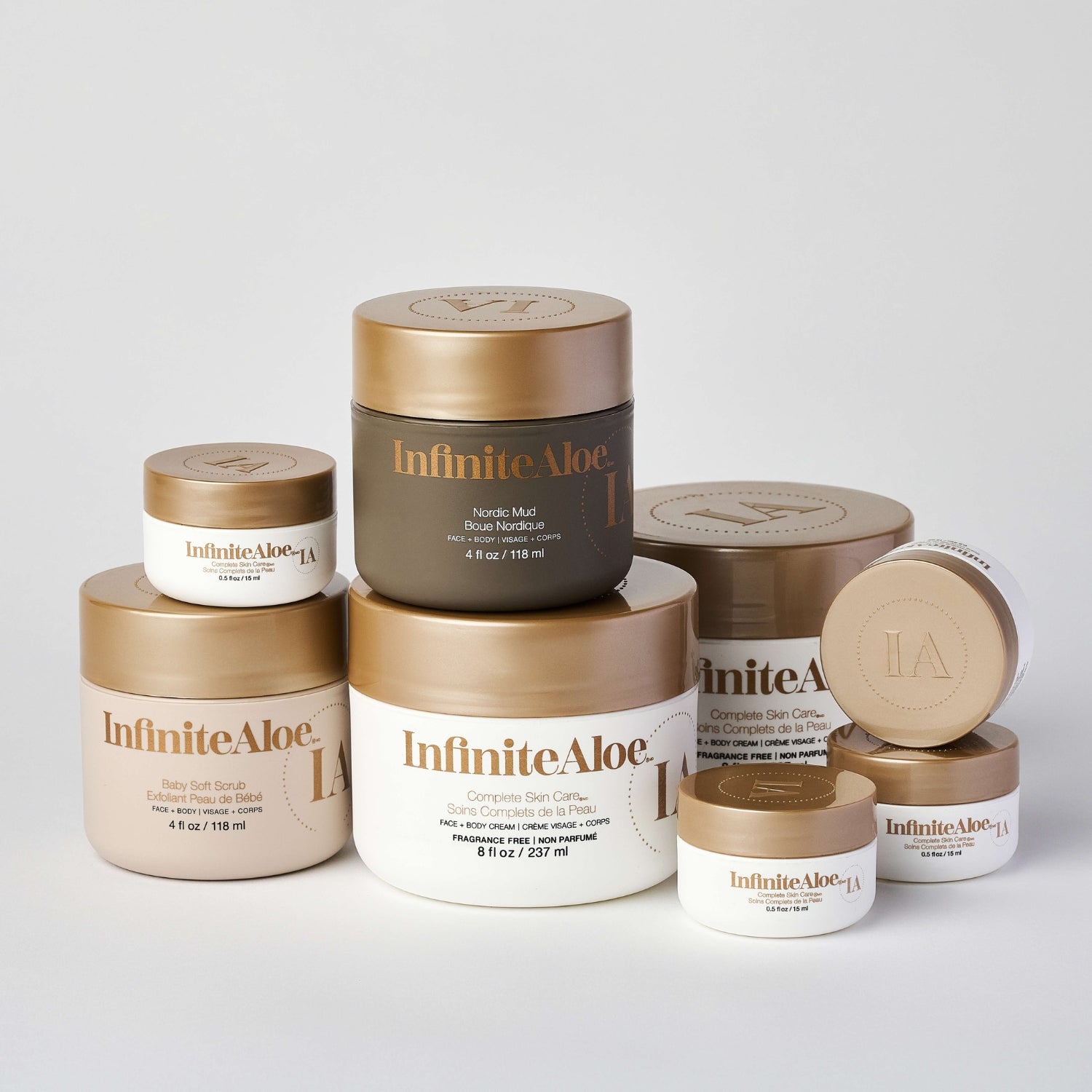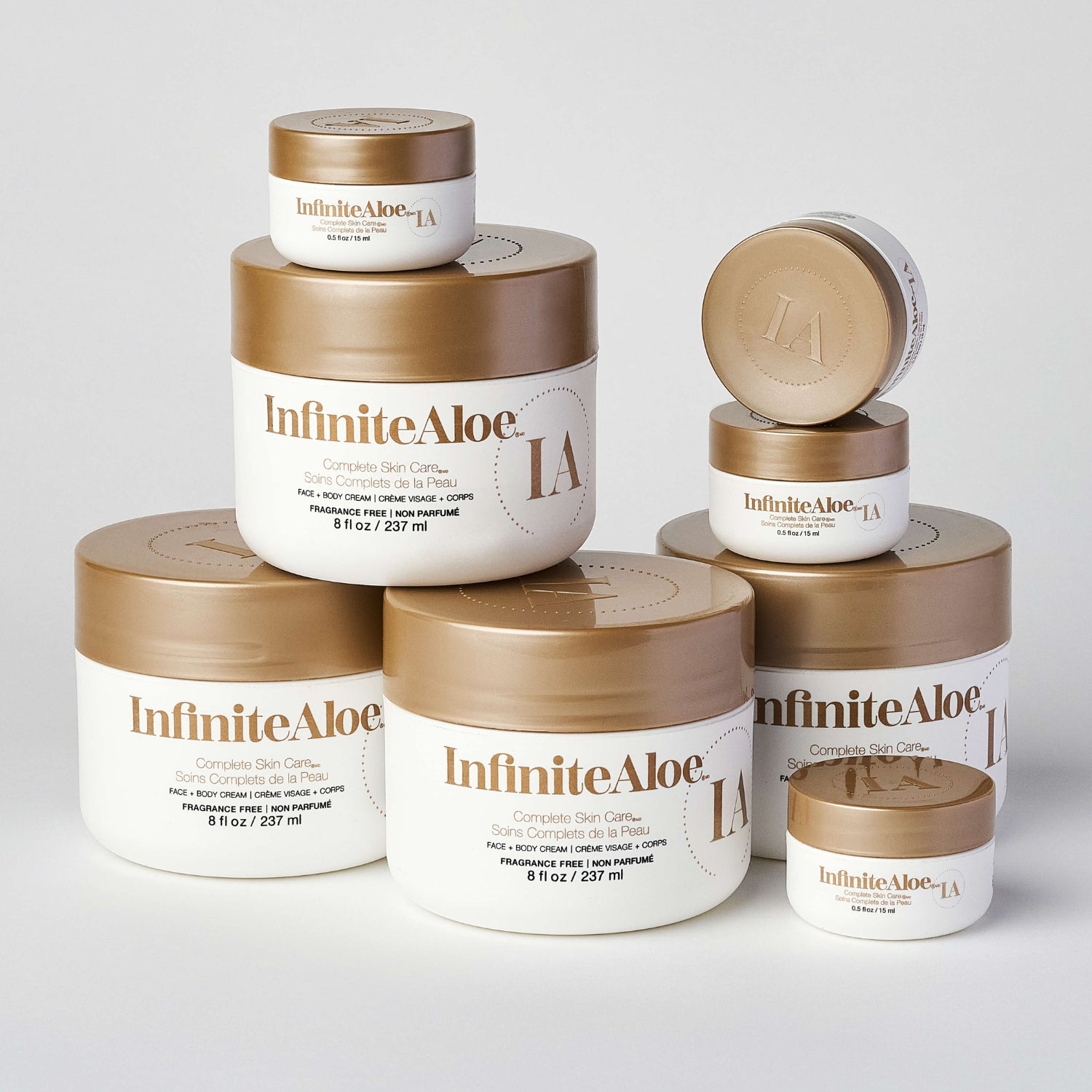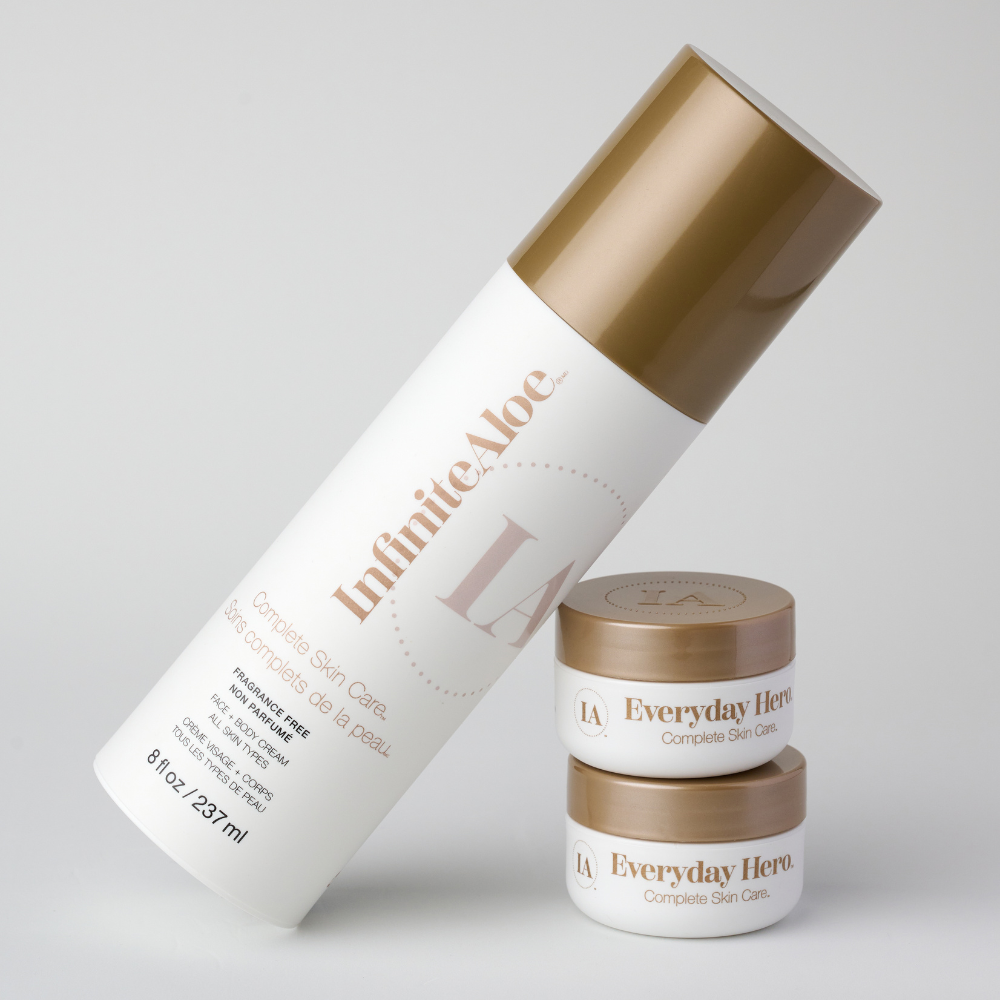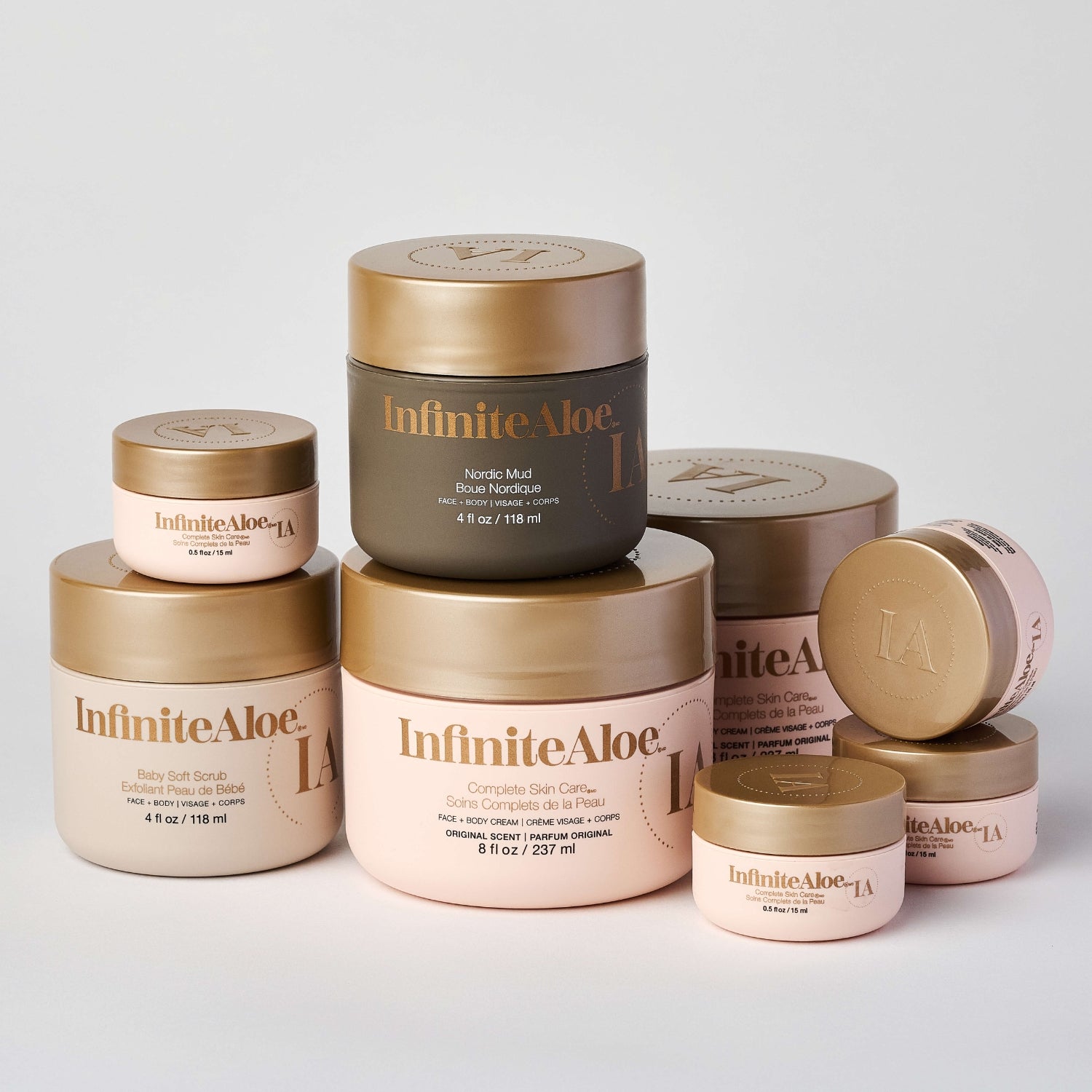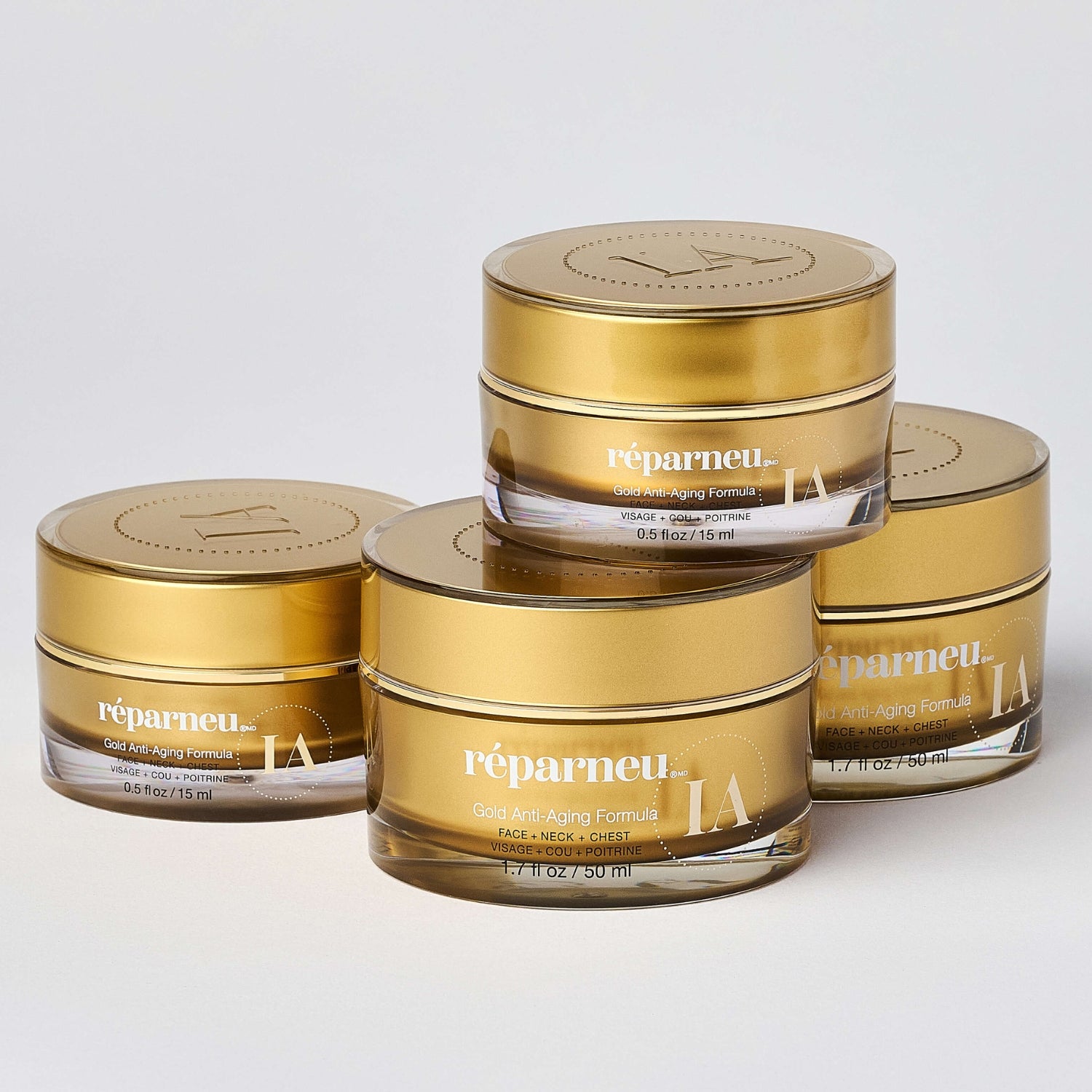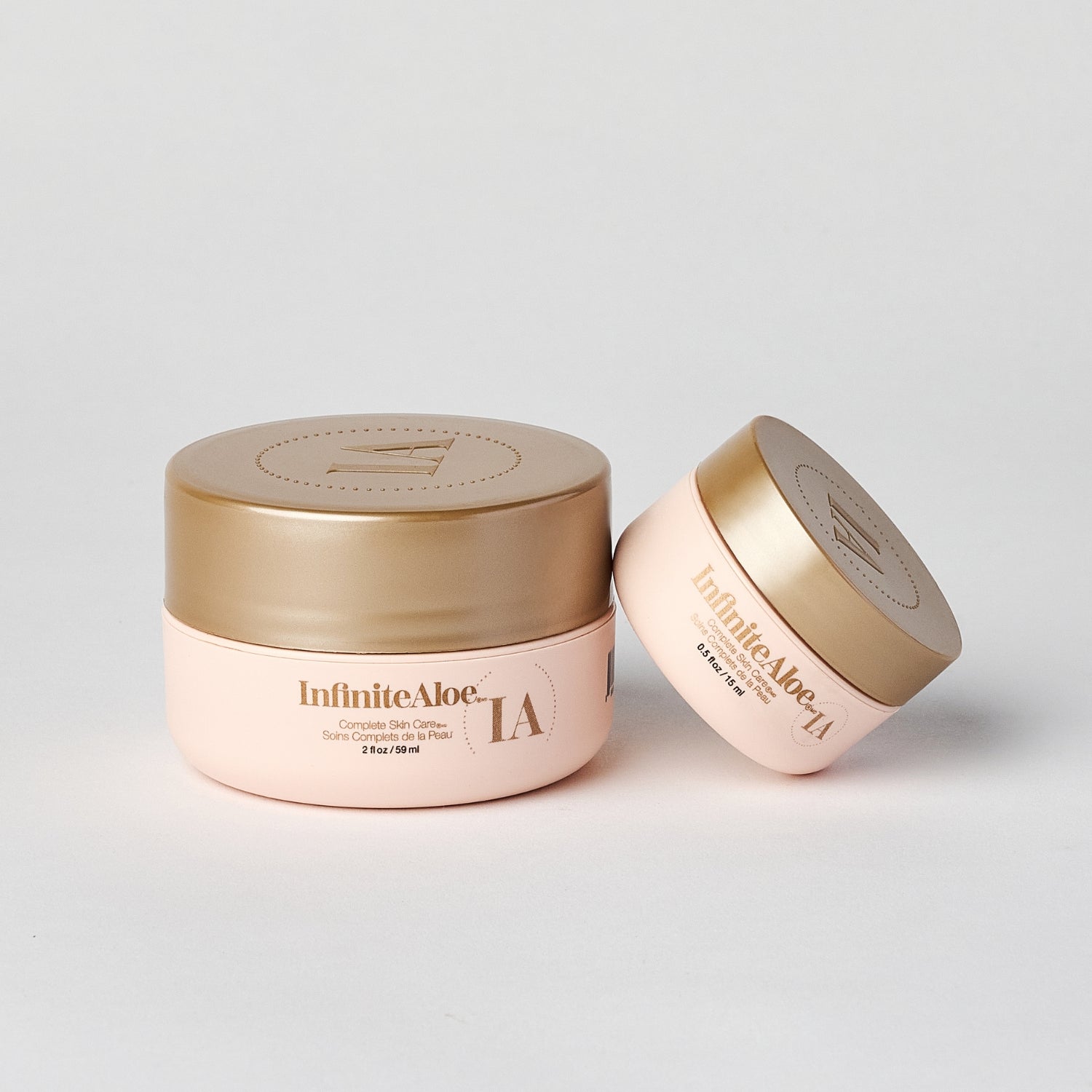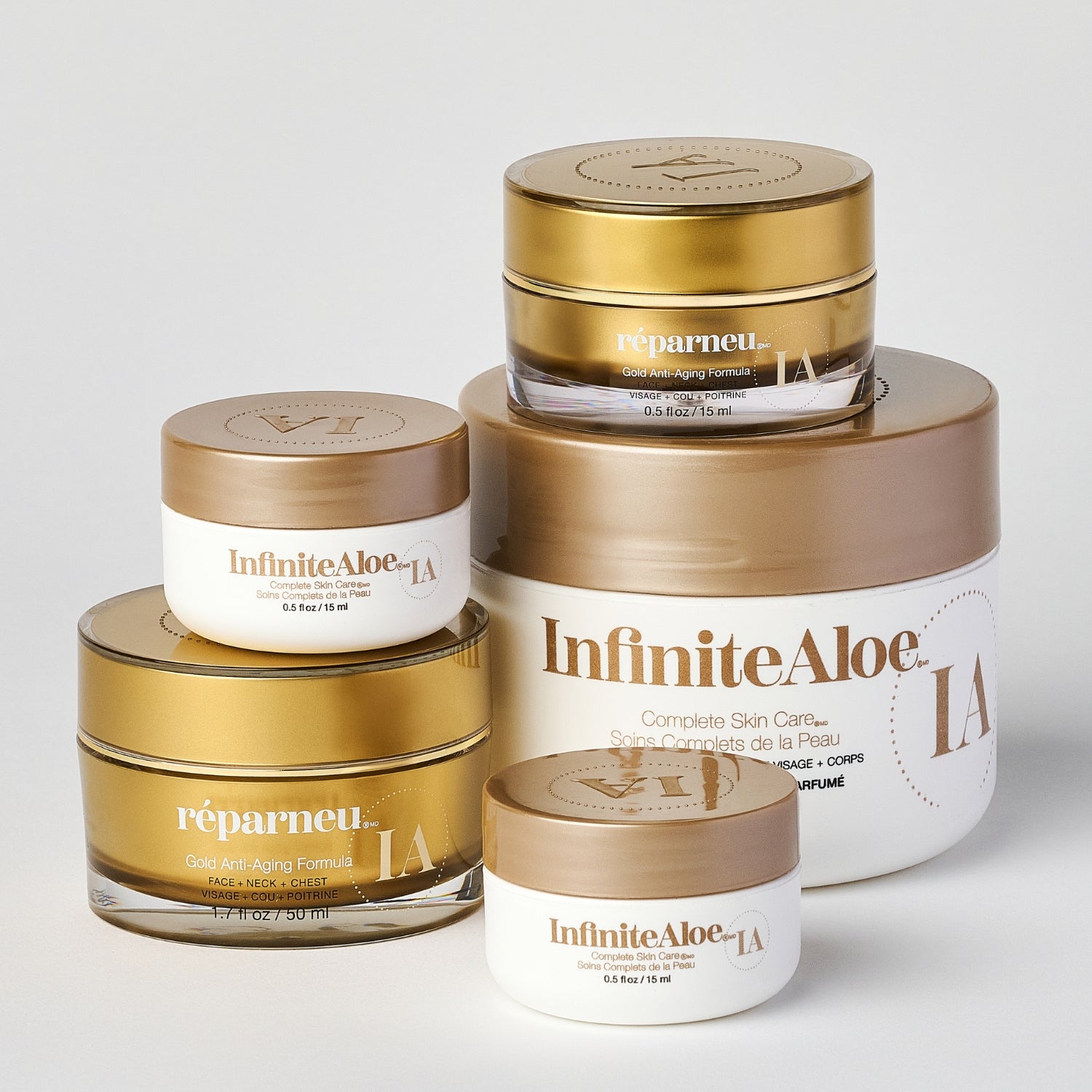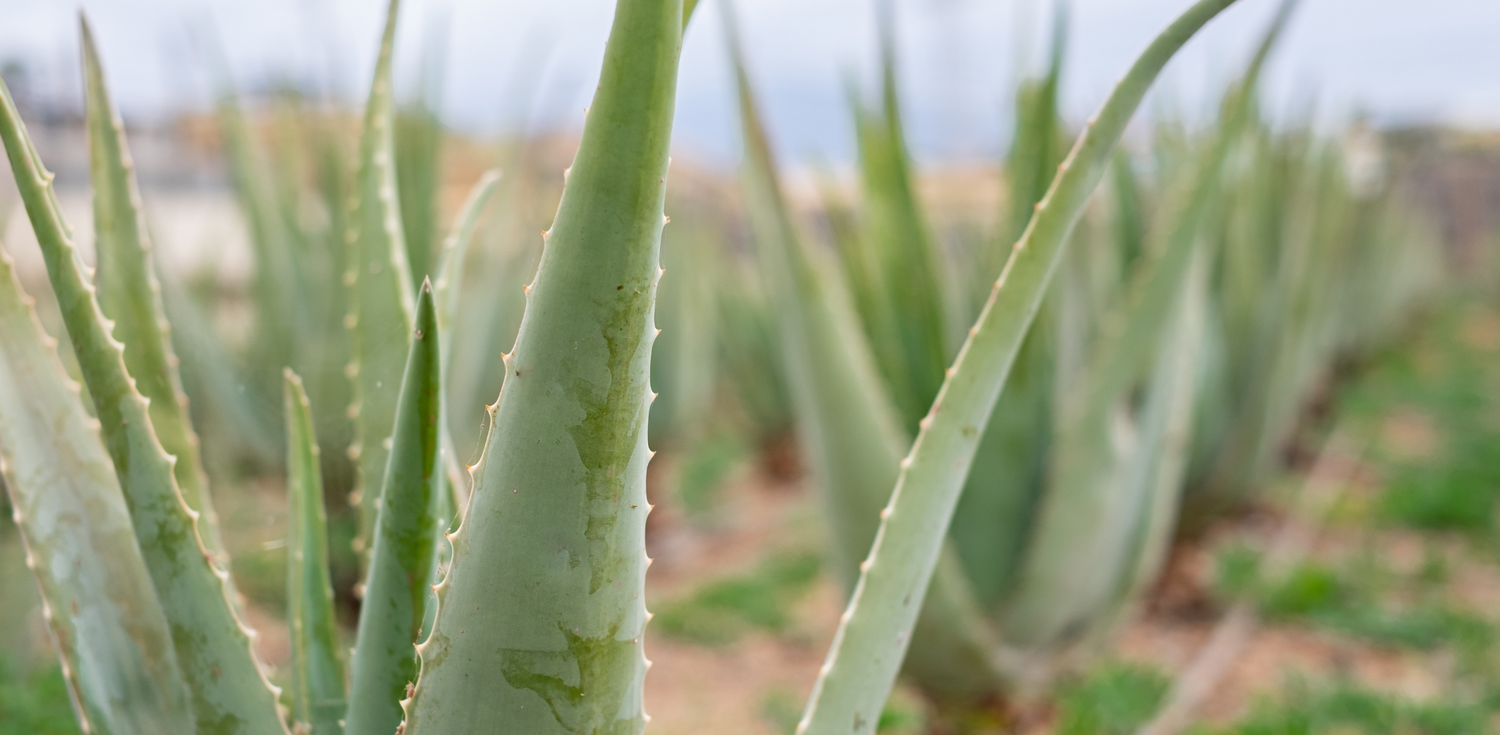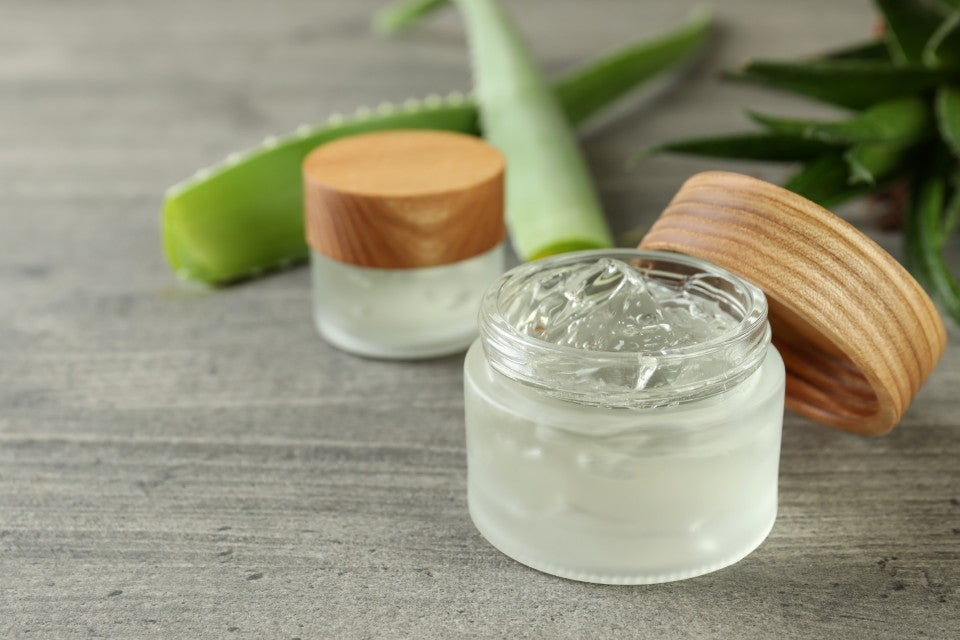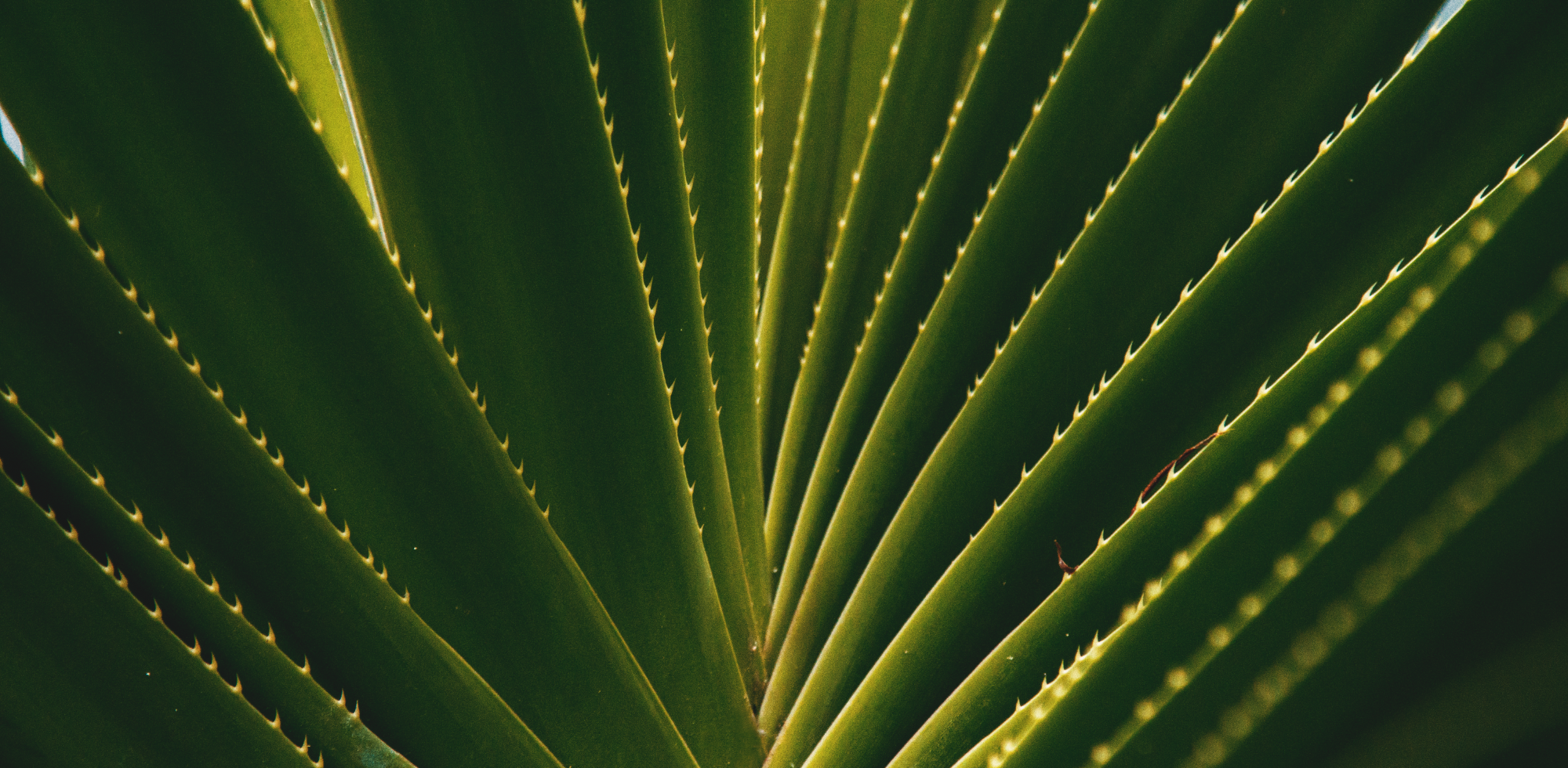When exploring the question "is aloe vera gel good for eczema?", individuals suffering from this chronic skin condition find themselves seeking natural, effective solutions. Aloe vera gel has emerged as a promising remedy, offering potential relief from the uncomfortable symptoms of eczema.
This comprehensive exploration delves into the scientific evidence, potential benefits, and practical considerations of using aloe vera gel as a complementary treatment for eczema management.
Aloe Vera and Eczema: An Overview
Eczema presents a complex challenge for millions of individuals worldwide, creating a constant search for effective management strategies.
Aloe vera gel has captured the attention of both researchers and patients as a potential natural intervention.
This section will provide a comprehensive examination of the intricate relationship between aloe vera and eczema, exploring the fundamental mechanisms that make this plant-based remedy an intriguing option for skin health.
The Botanical Basis of Aloe Vera
Aloe vera is not just a simple plant, but a complex botanical wonder with numerous beneficial properties. Originating from the Arabian Peninsula, this succulent has been used for thousands of years in traditional medicine. Its gel contains a remarkable composition of nutrients, including:
-
Polysaccharides that support skin healing
-
Enzymes with anti-inflammatory properties
-
Essential amino acids
-
Vitamins A, C, and E
-
Minerals like zinc and magnesium
Unique Composition and Skin Interaction
Aloe vera gel's molecular structure allows it to penetrate the skin's layers effectively. Its lightweight, water-based composition enables rapid absorption, delivering nutrients directly to the affected areas. The gel's unique properties include:
-
Natural moisture-retention capabilities
-
Anti-inflammatory compounds
-
Gentle cooling effect on irritated skin
-
Non-greasy application
Understanding Eczema: Symptoms, Causes, and Triggers
Eczema represents a complex dermatological condition that extends far beyond surface-level skin irritation. To comprehend the potential benefits of aloe vera gel, one must first understand the intricate nature of this chronic inflammatory skin disorder.
The skin barrier in individuals with eczema functions differently from healthy skin. Genetic predispositions, immune system irregularities, and environmental factors contribute to a compromised protective layer. This dysfunction leads to:
-
Increased water loss
-
Enhanced sensitivity to external irritants
-
Heightened inflammatory responses
-
Disrupted microbiome balance
Potential triggers include of eczema can include, Environmental allergens, Stress and emotional factors, Temperature and humidity changes, Certain fabrics and clothing materials, Dietary influences
Beyond physical symptoms, eczema significantly impacts psychological well-being. The constant discomfort, visible skin changes, and potential social stigma can lead to, Reduced self-esteem, Increased anxiety, Social withdrawal or Potential depression
The Potential Benefits of Aloe Vera Gel for Eczema
Aloe vera gel offers a multifaceted approach to managing eczema symptoms, providing more than just temporary relief. Its complex composition suggests potential therapeutic benefits that extend beyond traditional treatments.
Moisturization and Skin Barrier Restoration: Hydration represents a critical aspect of eczema management. Aloe vera gel's unique molecular structure allows deep moisture penetration, supporting skin barrier reconstruction and preventing further moisture loss.
Anti-Inflammatory Properties: The polysaccharides and enzymes within aloe vera gel demonstrate significant anti-inflammatory capabilities. These compounds work synergistically to:
-
Reduce skin redness
-
Minimize swelling
-
Calm irritated skin surfaces
-
Interrupt inflammatory cascades
Natural Healing and Regeneration: Aloe vera's amino acid profile and nutrient-rich composition support skin regeneration. By providing essential building blocks for cellular repair, the gel may accelerate healing of damaged skin regions.
Scientific Evidence: What Does Research Say About Aloe Vera and Eczema?
While anecdotal evidence often drives interest in natural remedies like aloe vera, rigorous scientific research provides critical insights into its efficacy for managing eczema. Understanding the available studies can help clarify whether aloe vera gel is good for eczema and how it might be integrated into a comprehensive skin care approach.
Clinical Studies and Findings
Numerous clinical trials have explored the effects of aloe vera on various skin conditions, including eczema. Aloe vera is known for its "anti-inflammatory, skin protection, anti-bacterial, anti-viral, antiseptic, and wound healing properties" ncbi.nlm.nih.gov. Some studies indicate that aloe vera gel can significantly improve symptoms associated with eczema, such as itching, redness, and overall skin hydration.
Research suggests that aloe vera gel has "the highest level of skin permeation compared with extracts," making it particularly effective for topical application medicalnewstoday.com. This may explain why aloe vera gel usually comes with more recommendations than other forms of aloe vera for skin conditions.
Clinical applications have shown promising results, with one study noting the "beneficial effects of aloe in wound healing" mountsinai.org, which may be relevant for eczema-damaged skin.
Mechanistic Insights from Research
Delving deeper into how aloe vera impacts the skin at a molecular level reveals fascinating insights. The gel's active compounds have been shown to modulate immune responses, which can play a pivotal role in alleviating the hyper-reactivity seen in eczema-prone skin.
To get the most benefit, application techniques matter. Studies recommend to "liberally apply aloe vera gel to the affected area" after "cleaning the area first with mild soap and cool water" to help your skin absorb as much as possible healthline.com.
Limitations and Future Directions
Despite the promising findings, it's important to acknowledge the limitations surrounding current research. As noted in a scientific review, "though Aloe vera has wide spectrum of the properties and uses, some of them could be myths and some of them could be real magic. In future, controlled studies are required to prove the effectiveness of Aloe vera under various conditions" ncbi.nlm.nih.gov.
Some research suggests that "Aloe vera can be used to retain skin moisture and integrity, and to prevent ulcers. However, there are limited studies on this topic" ncbi.nlm.nih.gov, highlighting the need for more comprehensive research specifically targeting eczema management.
Additionally, potential interactions should be considered, as some research indicates that aloe vera "decreases the blood sugar levels and thus may interact with oral hypoglycemic drugs and insulin" ncbi.nlm.nih.gov, which could be relevant for eczema patients with comorbid diabetes.
Future research should aim to establish clearer guidelines for dosage and application techniques while exploring the synergistic potential of combining aloe vera with other complementary treatments. Such advancements could solidify aloe vera's role in holistic approaches to eczema management.
How to Use Aloe Vera Gel for Eczema Relief: Application Tips and Considerations
Successfully incorporating aloe vera gel into your skincare regimen requires understanding optimal application techniques and contextual considerations. This section offers practical guidance to maximize the benefits of this soothing gel.
Selecting the Right Aloe Vera Gel
To ensure effective results, choosing the right kind of aloe vera gel is paramount. Look for products with a high concentration of pure aloe vera, ideally with minimal added ingredients. Avoid gels containing alcohol, fragrances, or synthetic preservatives, as these can exacerbate skin irritation.
Application Techniques for Maximum Effectiveness
For best results, apply aloe vera gel directly onto clean, dry skin.
-
Ensure the affected area is free from any barriers, such as lotions or creams, to allow for optimal absorption.
-
Gently massage a thin layer of aloe vera gel into the skin, allowing it to penetrate thoroughly and provide soothing relief. This can be done several times throughout the day, especially after bathing or exposure to irritants.
For individuals with more severe outbreaks, consider layering aloe vera gel under a protective barrier, such as a hydrating ointment. This combination might amplify moisture retention and prevent the skin from drying out while still benefiting from aloe vera's healing properties.
Incorporating Aloe Vera into a Broader Skincare Routine
Aloe vera gel is most effective when used as part of a comprehensive skincare strategy. Combining it with other eczema-friendly practices, such as regular moisturizing and gentle cleansing, can enhance overall skin health.
Consider pairing aloe vera applications with non-irritating moisturizers rich in ceramides or fatty acids. This dual approach reinforces the skin barrier while addressing inflammation and dryness, thus creating a synergistic effect in alleviating eczema symptoms.
Potential Side Effects and Precautions When Using Aloe Vera on Eczema
While aloe vera is often well-tolerated, it's essential to recognize that some individuals may experience adverse reactions. Here, we explore common side effects and necessary precautions to keep in mind when utilizing aloe vera gel for eczema relief.
Common Side Effects
Most people can safely use aloe vera gel without significant issues. However, some may notice mild irritation, such as redness or a burning sensation upon application. These reactions are generally transient and resolve quickly.
If using an aloe vera product for the first time, perform a patch test by applying a small amount to a less visible area of skin. This step helps gauge sensitivity before widespread use.
Allergic Reactions and Sensitivity
Although rare, allergic reactions to aloe vera can occur. Symptoms may include:
-
Severe redness
-
Swelling
-
Itching
-
Blistering
If any of these symptoms arise, discontinue use immediately and consult a healthcare professional. Always prioritize safety when trying new skincare products, especially for sensitive conditions like eczema.
Consultation with Healthcare Professionals
Before starting any new treatment, particularly for chronic conditions like eczema, consulting with a dermatologist or healthcare provider is advisable. They can offer personalized recommendations based on individual skin types, severity of eczema, and any other underlying health concerns.
Choosing the Right Aloe Vera Gel: Ingredients to Look For and Avoid
Navigating the plethora of aloe vera products on the market can be overwhelming. Knowing what to look for—and what to avoid—can empower you to make informed choices that benefit your skin.
Key Ingredients to Seek
When selecting an aloe vera gel, prioritize products that contain:
-
High concentrations of pure aloe vera (preferably organic)
-
Natural preservatives, such as vitamin E
-
Skin-soothing botanicals like chamomile or calendula
These additions can enhance the gel's calming properties and support overall skin health.
Ingredients to Avoid
Be vigilant about avoiding products containing:
-
Artificial fragrances or dyes
-
Alcohol, which can be drying or irritating
-
Parabens and sulfates, often found in cosmetic formulations
These additives can compromise the soothing effects of aloe vera, potentially worsening eczema symptoms rather than alleviating them.
Eco-Friendly and Ethical Choices
In addition to ingredient scrutiny, consider eco-friendliness and ethical sourcing in your selection process. Brands that prioritize sustainability, cruelty-free practices, and transparency about ingredient sourcing tend to reflect a commitment to quality and responsibility.
Alternative and Complementary Treatments for Eczema: A Comprehensive Approach
While aloe vera gel offers valuable support for eczema, it is most effective in conjunction with other treatment modalities. A comprehensive approach encompasses lifestyle adjustments, dietary considerations, and other natural therapies.
Lifestyle Modifications
Implementing lifestyle changes can greatly reduce the frequency and intensity of eczema flare-ups.
-
Maintain a consistent skincare routine, focusing on hydration and protection.
-
Dress in breathable fabrics like cotton to minimize skin irritation and allow airflow.
-
Manage stress through techniques such as mindfulness, yoga, or meditation, as stress is a known trigger for eczema exacerbation.
Dietary Influences on Skin Health
Diet can also influence skin conditions. Consider incorporating anti-inflammatory foods that may positively affect eczema symptoms. Foods rich in omega-3 fatty acids, such as fatty fish, flaxseeds, and walnuts, can help combat inflammation. Staying hydrated is equally essential; drinking plenty of water nourishes the skin from within.
Exploring Other Natural Remedies
Incorporating additional natural remedies alongside aloe vera can yield synergistic effects. Options such as coconut oil, which has antimicrobial properties, and oatmeal baths, known for their soothing capabilities, may complement aloe vera’s benefits and create a holistic approach to eczema management.
Unlock Your Skin's True Potential with InfiniteAloe's Complete Skin Care
Transform your daily skincare routine with InfiniteAloe's Complete Skin Care Everyday Hero, the brand's number one selling product for good reason. This exceptional multi-tasking formula harnesses the power of organic aloe vera as its primary ingredient, enhanced with scientifically-backed ingredients including hyaluronic acid, collagen, alpha-lipoic acid, and vitamins A, C, and E.
Unlike conventional moisturizers that sit on the skin's surface, this revolutionary cream absorbs up to seven layers deep into your skin, delivering nourishment where it matters most. Clinical observations have shown the formula doesn't wash or wipe off easily, making it ideal for professionals like nurses who wash their hands frequently throughout the day.
The carefully calibrated blend of natural and advanced ingredients works synergistically to address multiple skin concerns simultaneously—hydrating, protecting, and rejuvenating with each application.
Whether you're battling dryness, seeking anti-aging benefits, or simply wanting healthier, more radiant skin, this complete solution eliminates the need for multiple products.
Experience why countless customers consider their skincare essential by discovering InfiniteAloe's Complete Skin Care today and witness the transformation your skin has been waiting for.
Conclusion
In conclusion, Yes, aloe vera gel is beneficial for eczema due to its natural anti-inflammatory, moisturizing, and soothing properties. It helps reduce itching, redness, and dryness while promoting skin healing. Aloe vera also has antibacterial effects, which can prevent infections in eczema-prone skin.
While aloe vera can help, it’s best to patch-test first and consult a dermatologist if irritation occurs.
However, achieving optimal results requires mindful application, careful selection of products, and consideration of broader skincare strategies. By adopting a holistic approach that combines aloe vera with lifestyle modifications and other natural remedies, individuals with eczema can uncover effective pathways to soothe their irritated skin, ultimately enhancing both physical comfort and emotional well-being. As research continues to evolve, aloe vera’s role in eczema management may become increasingly vital in providing sustained relief and improving quality of life for those affected.

